The Human Resource Redux
As artificial intelligence (AI) continues to advance, concerns about job displacement have become a prevalent topic of discussion. However, amidst these fears lies a potential that is often overlooked. In this article, we will explore how AI-powered tools can be a gateway to employment for individuals from diverse educational backgrounds. Far from rendering certain professions obsolete, AI is reshaping industries and lowering barriers to entry, creating new opportunities for a diverse and inclusive workforce.
Breaking Down Barriers: AI Democratizes Access to Industries
Traditionally, some industries have demanded specific technical expertise or extensive education, creating barriers that restricted entry to a select few. AI-powered tools are now changing this landscape, simplifying complex tasks and automating previously time-consuming processes. By reducing the need for specialized knowledge, AI empowers individuals from diverse backgrounds to participate in industries they might not have considered before.
Enhanced Creativity and Collaboration
AI's ability to handle repetitive tasks allows human workers to focus on higher-order activities, such as creative problem-solving and collaboration. In industries like graphic design, marketing, and content creation, AI-powered tools streamline mundane tasks, freeing up more time for creative endeavors that require a human touch. This dynamic partnership between humans and AI fosters innovation and leads to enriched, high-quality outcomes.
AI as an Enabler, Not a Replacement
Contrary to popular belief, AI is not designed to replace humans; rather, it enhances human capabilities. Instead of eliminating jobs, AI contributes to greater efficiency and productivity, leading to the emergence of new roles that require different skills. As AI-powered tools handle repetitive aspects of a job, workers can focus on developing unique skills that leverage emotional intelligence, empathy, and adaptability—attributes that are difficult for AI to replicate.
Transforming Education and Skill Development
AI's impact on employment goes beyond the job market. It also transforms the way individuals acquire skills and education. With AI-driven learning platforms and personalized training, people can upskill and reskill, opening doors to opportunities they might not have previously considered due to educational constraints. This democratization of education paves the way for a more adaptable and versatile workforce.
Inclusivity and Diversity in the Workplace
AI-powered tools contribute to a more inclusive workforce, as they eliminate biases in decision-making processes. By basing decisions on data-driven insights, AI reduces the impact of human prejudices and fosters a more equitable work environment. This inclusivity empowers individuals from all walks of life to participate in various industries, fostering a diverse and dynamic workforce that drives innovation.
As AI continues to evolve, so too should our perception of its impact on the job market. Rather than fear its presence, we should recognize AI's potential as an enabler of greater opportunities for all. AI-powered tools break down barriers to entry, allowing people with less education and technical skills to contribute their unique perspectives to industries that would otherwise be out of reach. Instead of job displacement, AI sparks a transformation in the workforce, fostering collaboration, creativity, and inclusivity. Embracing the AI revolution opens the door to a more equitable, diverse, and vibrant job market, where the synergy between human ingenuity and technological innovation leads us into a promising future.
